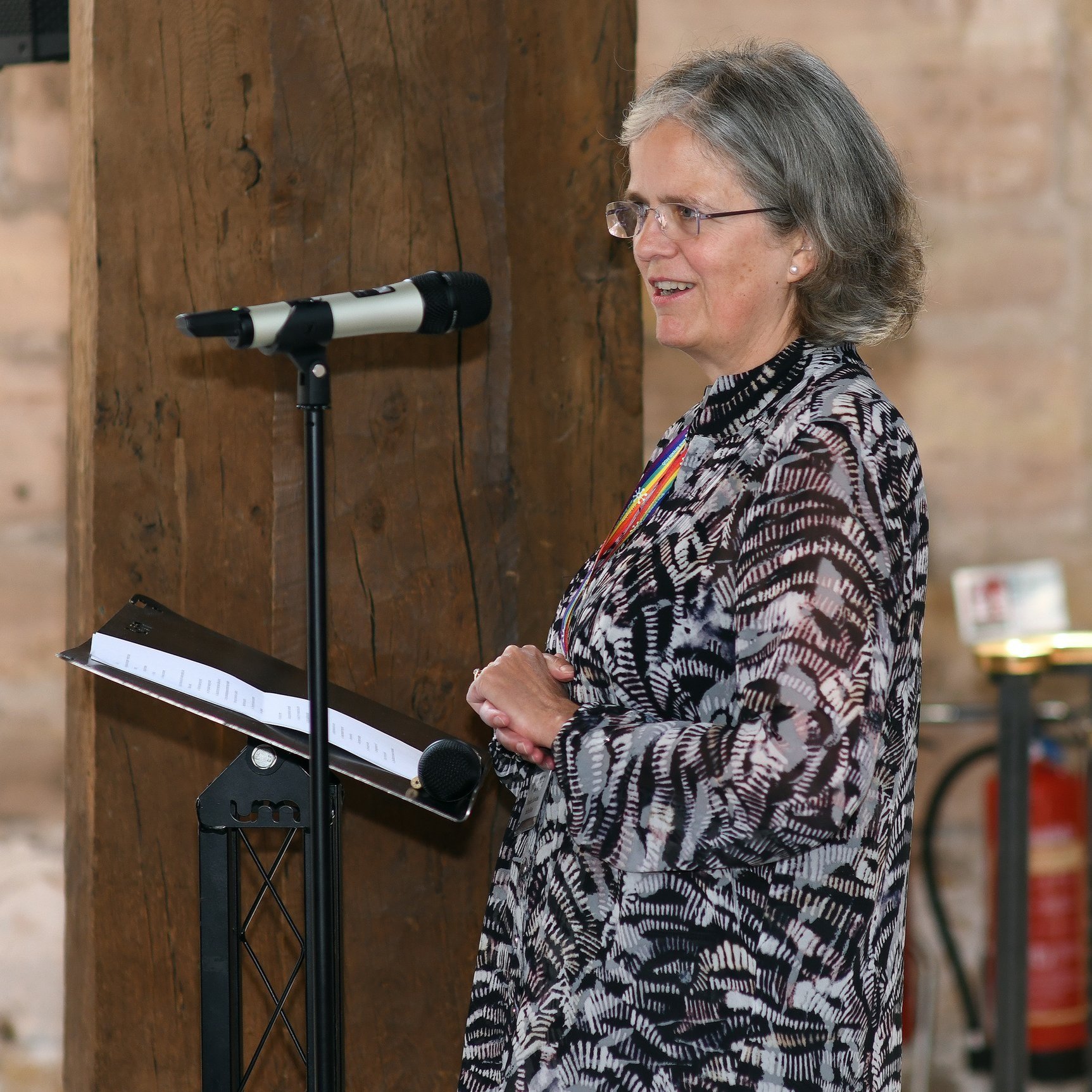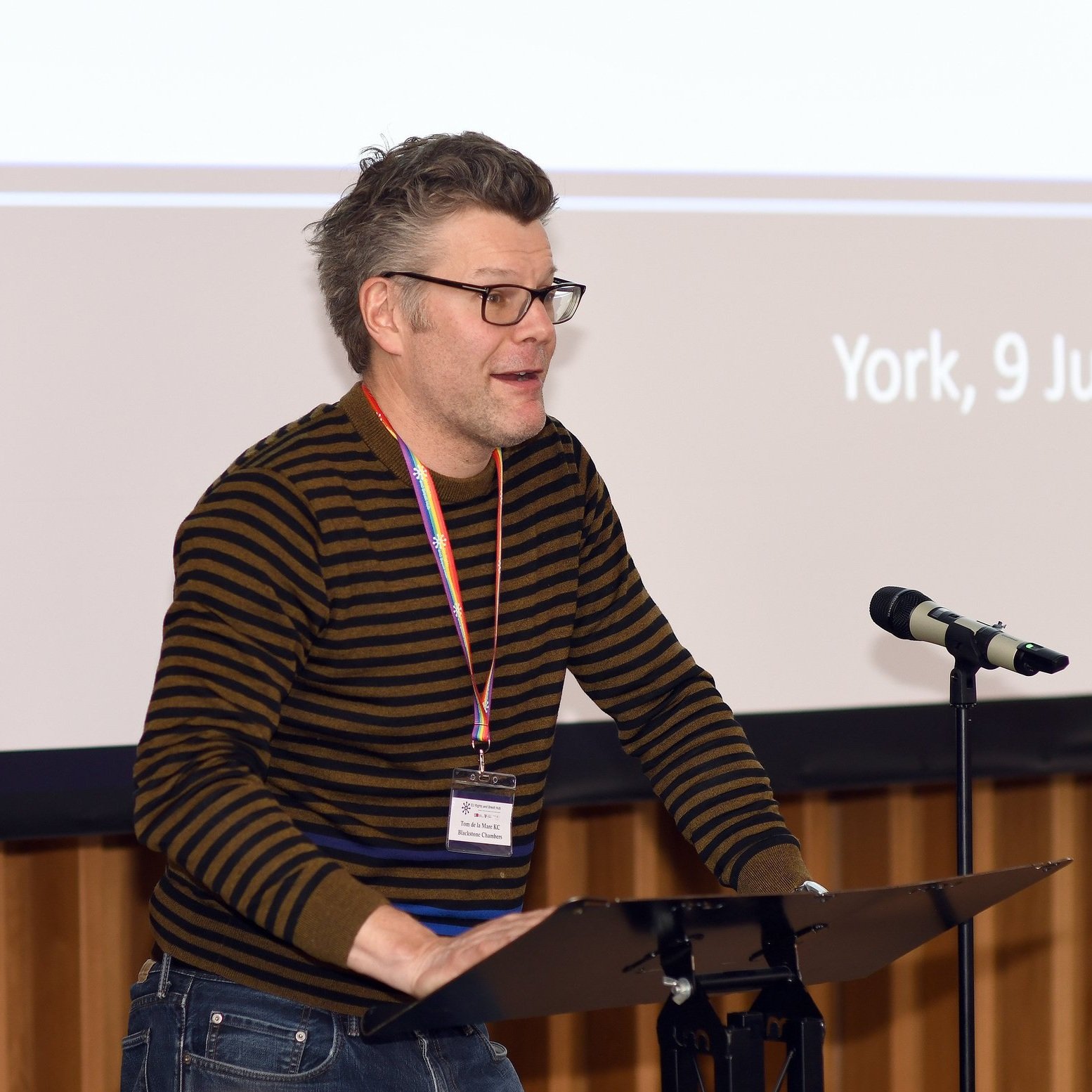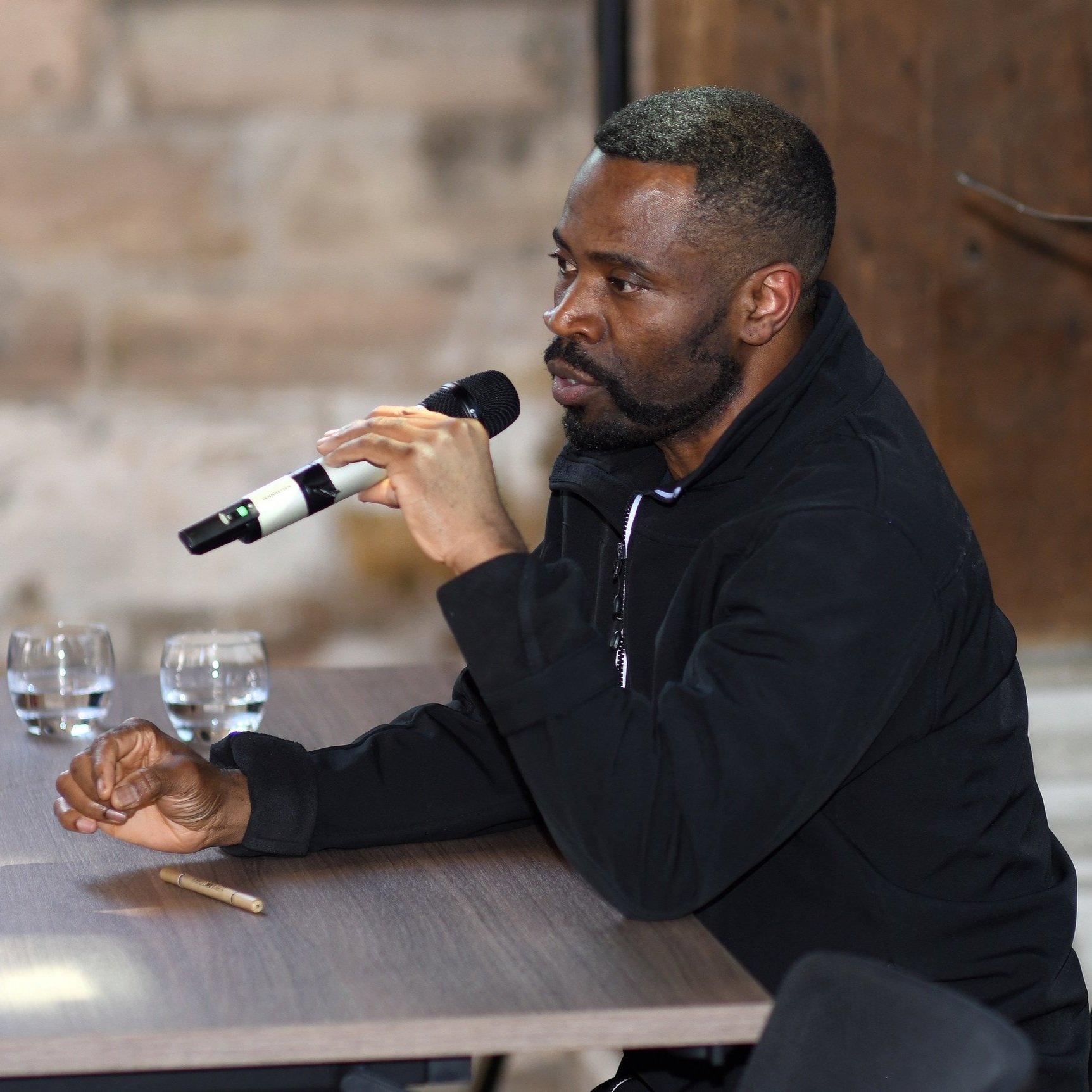EU Rights Conference, Bringing legal research and the law together
The EU Rights and Brexit Hub held its end of project conference on 9th June 2023, bringing together over 80 participants from across different sectors (including benefits advisers, campaign groups, legal practitioners, national and EU public bodies and academics).
The EURBH team
Over 7 million applications have been made to the EUSS and there is still a substantial backlog of decisions to be made and challenges to those decisions waiting for a final determination. While millions of EU+ (EU, EEA, Swiss, and family member) citizens have been granted either settled status or pre-settled status, they must still attempt to make sense of and assert their rights when re-entering the country, bringing family members to live with them, accessing welfare benefits, housing, healthcare, education and work. All of these rights are protected in the Withdrawal Agreement, but the government sometimes opts to implement them through domestic law, being filtered down through domestic legislation, immigration rules, regulations, decision maker guidance, memos and sometimes even by press release – and sometimes it has not implemented them at all, suggesting that EU+ nationals rely directly on the Agreement. The colossal shift in legal regime, as a result of Brexit, has created gaps in protection and in decision maker understanding. While EU+ nationals rights after Brexit may be protected in theory, findings on the ground show a very different, and much more fragile, legal reality.
After three years of research into the impact of Brexit on the rights of EU+ citizens to access public services in the UK, the conference was an opportunity to celebrate the work of the project, but also to reflect on findings and plan for the future.
The format of the day: doing things differently
We wanted to create something very different from a standard academic conference where a few people talk at the rest of the room. Bringing all of these amazing people together from different sectors, our focus was on making sure everyone got to speak and exchange perspectives with others. So, after an introduction to the project, and our keynote talk, the rest of the day was devoted to three structured table discussion sessions. Each began with one or two brief introductions to kick things off, then we shifted to table discussions. To make this work as well as possible, we had a set seating plan, to mix people up, and a prompting questionnaire, which you can download: EURBH conference questionnaire.pdf.
EU Rights & Brexit Hub – highlights, findings and reflections
First up, the Hub team provide an introduction to each of the three core areas of the project:
i) A legal action research clinic, supporting organisations working with EU+ nationals in the UK, while producing an advice-led ethnography.
Professor Charlotte O’Brien and Dr Alice Welsh presented on the work of the clinic, highlighting the ongoing issues with the interpretation and implementation in the new terrain of withdrawal agreement law. The work of the clinic was also presented including common areas of advice we cover and issues we see and how we collect and use evidence from cases to push for changes in policy, decision maker guidance and template letters.
ii) Political interviews with MPs and Peers; MEPs; NGOs and key governance stakeholders.
Next up was the Hub’s politics team. Professor Simon Parker, Dr John Evemy and Grace Cooper presented the findings of this stream of the project. Evidence from over 70 interviews with MPs, Peers, NGOs and other stakeholders and from analysis of parliamentary questions identified a direct link between the number of EU constituents and an indirect link through involvement in parliamentary and NGO networks to levels of MP engagement with EU+ citizens’ rights. But ultimately this research found a broken link between Home Office policy making and MPs.
iii) Statistical data on variables that affect EU nationals’ access to public services.
Dr Mariña Fernández-Reino and Denis Keirans then covered the work conducted under the third stream of the project (led by Dr Madeleine Sumption), on what the data could tell us about groups at risk of failing to apply to the scheme before the EUSS deadline, so more likely to be status-less and/or dealing with late application procedures, and other outstanding issues in the EUSS such as the backlog on applications.
Keynote address
Former Advocate general to the CJEU, Eleanor Sharpston KC took to the stage next to give her fantastic keynote speech: 'Sorry: just remind me, please, what "all that" was supposed to be about ...?'.
Eleanor Sharpston KC
Eleanor Sharpston took us back to the time of the referendum and the shock that was felt in Luxemburg, making a comparison with the levels of public debate during a referendum on the Maastricht Treaty in 1992. The talk also covered the continuing disappointment as the Brexit deal sought by the British Government resulted in the removal of the UK from the single market. Ultimately Eleanor Sharpston expressed her hope for a day where she could pass on the flag of the UK, given to her when she started as Advocate General, to her successor.
Three discussion sessions – bringing together expertise and experience from different sectors
The primary focus of the day was 3 group discussion sessions. This was to ensure that all participants were able to discuss issues relating to their work, share experiences and best practice and think more about collaboration and cooperation cross-sectors. After each group discussion, tables were invited to feedback in plenary.
Bringing advice and evidence together
The first of these sessions looked at bringing advice and evidence together and was chaired by Dr Kuba Jablonowski. Kicking off the discussion, Monique Hawkins talked about how the3million collect evidence and present it to public bodies and parliamentary committees while faced with the high demand for advice work and the constraint this puts on capacity for evidence collection. Daphne Hall presented on how the Rightsnet forum offers a valuable resource of best practice and support on welfare issues but also encourages the sharing of similar cases, acting as a bank of evidence of where advisers see common issues.
Monique Hawkins (the3million)
Daphne Hall (Rightsnet)
The workshop invited participants to think and discuss in groups about the obstacles to justice for EU+ nationals and how academia, practice and policy counterparts can work together on this.
Evidence and strategic litigation
The second session focused on how work can be fed into strategic litigation and was chaired by Ellie Sibley. Charlotte O’Brien began by outlining three key potential points of influence for academics and advisers to contribute to discussions with lawyers – (i) in identifying problems; (ii) collecting evidence that the problem is systemic and/or damaging; and (iii) in formulating arguments. She highlighted some of the ways that the EU Rights and Brexit Hub has been able to support the work of strategic litigation by working with NGOs and counsel to help draft submissions and answer specific queries test cases. Thomas de la Mare KC then shared his experience working directly on cases that relied on the input of NGOs, academics and other practitioners. He suggested that a central and shared repository or directory of case studies and evidence available would be an incredibly helpful resource for strategic litigation.
Thomas de la Mare KC (Blackstone Chambers)
Eleanor Sibley (AIRE Centre)
Tables were invited to discuss preparing challenges to adverse decisions for EU+ nationals, what kind of cases may become an important test case in the future and how researchers and practitioners can work together in this area.
Bringing marginalised voices into our work
Aké Achi (Black Europeans)
The final discussion session of the day, chaired by Professor Tamara Hervey, asked participants to consider how we can better bring voices from marginalised groups into our work. Aké Achi (Black Europeans) raised important and challenging issues, including asking public and third sector organisations not to treat these issues as secondary or to treat speakers/campaigners from marginal backgrounds as a token. He also provided his insight and expertise on the disproportionate impact that policy decisions of the Home Office (such as issues with photographing ID and evidentiary requirements for EUSS) have on black applicants.
Participants were then asked to consider which groups were particularly disadvantaged in the roll out of the EUSS and whose rights are most at risk, as well as considering how to combat systemic racism in White European-led organisations and EU and national institutions or organisations.
As the day closed on a sunny afternoon in York, it was clear from participants that, despite the EUSS deadline being long past us, there was still a lot of work to do. The conference provided a space for colleagues from many different sectors to share knowledge and to connect with each other. We hope that it will help encourage even more collaboration in the area. One key theme from the day was the recognition that the Withdrawal Agreement provides for life-long rights, not just to reside in the UK but to be free from discrimination when accessing services, and those rights must be protected.
Thank you to everyone who attended, shared their expertise and enthusiasm during the day.
Feedback
We have had incredible feedback from participants, about the content, format, venue, vibe (and catering)! Here is a very small sample:
“interesting and useful - brilliant. I think its the best most thoughtfully organised conference I have ever attended. Most useful - the people there - it was an incredible group of people”
“I think it has re-enforced something the Hub has long been advocating, that the academic and practice aspects should be coordinated wherever possible to create the best outcomes. The final discussion topic was very important to remind that diversity and inclusion should be at the heart of the work we do.”
“Everyone I met had something interesting to say, not just about the subject, but also about how they see the world and the job they do. I really felt 'at home' with everyone I met which is so good for the soul.”
“It was a constructive but also challenging agenda, and great to see discussions operating so seamlessly across academia, policy, and practice (and with such an open and friendly atmosphere). It was probably the best representation I have seen of how I think socio-legal research ought to be done.”
We have also had some really constructive comments for future work.
All images credit: Paul Shields
While the EURBH project comes to an end in June 2023, the second-tier advice clinic will continue to be available for free expert advice on EU+ nationals access to public services and welfare benefits. For information on how to contact us about a case please look at the ‘Consult the Hub’ page.










